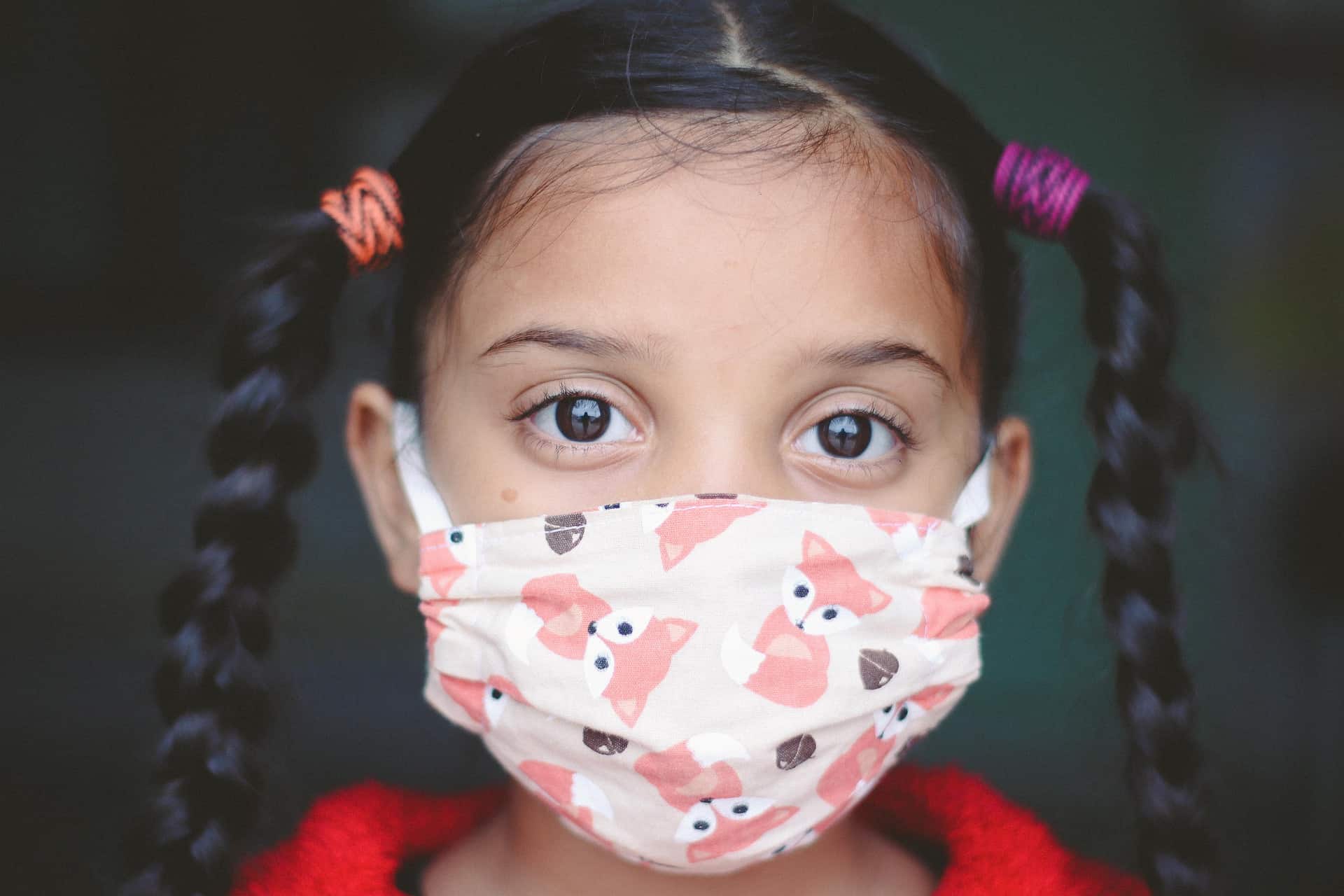by Amy Geller
The brains of babies grow at a rapid rate each day. Since a baby is in utero, she is developing and growing. Since physical growth tends to taper off after the period of adolescence, it lends significance to the importance of early childhood development. As a parent or nanny, there is naturally great concern to nurture and care for your baby with methods that will foster her development on a daily basis.
From the standpoint of a caregiver, bonding and attachment with your baby are undoubtedly important. Attachment cultivates a loving and secure familial relationship. From a scientific standpoint, aside from merely creating a foundational relationship with your baby, research demonstrates that attachment to a caregiver stimulates the infant’s sensory system. Attachment can also directly influence brain development. Infants of any animal species are evolutionarily programmed to attach to a caregiver in order to ensure their survival due to their complete dependency in infancy. Attachment also contributes to outcomes such as long-term cognition, emotionality, and mental health.
Facial Recognition
One crucial aspect of bonding and attachment for your infant is their ability to see and ultimately learn to recognize facial expressions in you and in other people. Psychological studies indicate that infants preferentially track human faces in the first hour of life, lending support to the importance of face-to-face interaction with your infant after birth. While this seems relatively intuitive, further studies discovered that babies as young as 36 hours old have the ability to recognize and tell the difference between three facial expressions of happy, sad, and surprised. What does this mean? These studies imply the need of face to face contact with your baby in order to enable brain development, bonding, and emotional recognition.
Impact of Face Masks
The widespread use of face masks in the current time period may pose an interference on an infant’s process as it decreases exposure to facial expressions in others on a daily basis. Many face coverings hide the nose and mouth, leaving only the eyes to display emotion on a person. A newborn’s ability to visualize facial expressions in order to regulate their emotional responses based on the cues of their trusted caregiver can potentially become interrupted due to public health concerns. To what extent might this be impacting our youth?
The answer is unknown—for now. This is a topic that is beginning to become more widely researched in order to weigh the risks and benefits of face coverings in the general public. One recent study ran an experiment on children from 7-13 years old. The researchers tested emotional inferences drawn from faces uncovered, wearing sunglasses to cover the eyes, and wearing masks to cover the mouth. The data suggested that children were still able to make accurate inferences about emotions, even when the faces were covered. Unsurprisingly, the children were more accurate when the faces were completely uncovered of any obstructions.
While promising for school-aged children, the effects of face coverings on babies may differ. One recommendation is to spend face-to-face playtime with your newborn as often as possible inside your home. Ultimately, babies biologically need exposure to facial expressions in order to learn and grow.
If you are a nanny and want to learn more about attachment and helping children develop self-regulation, enroll in a customized childcare program at the Nanny Institute.


First time hearing of this subject. Very informative. Thank you for enlightening!